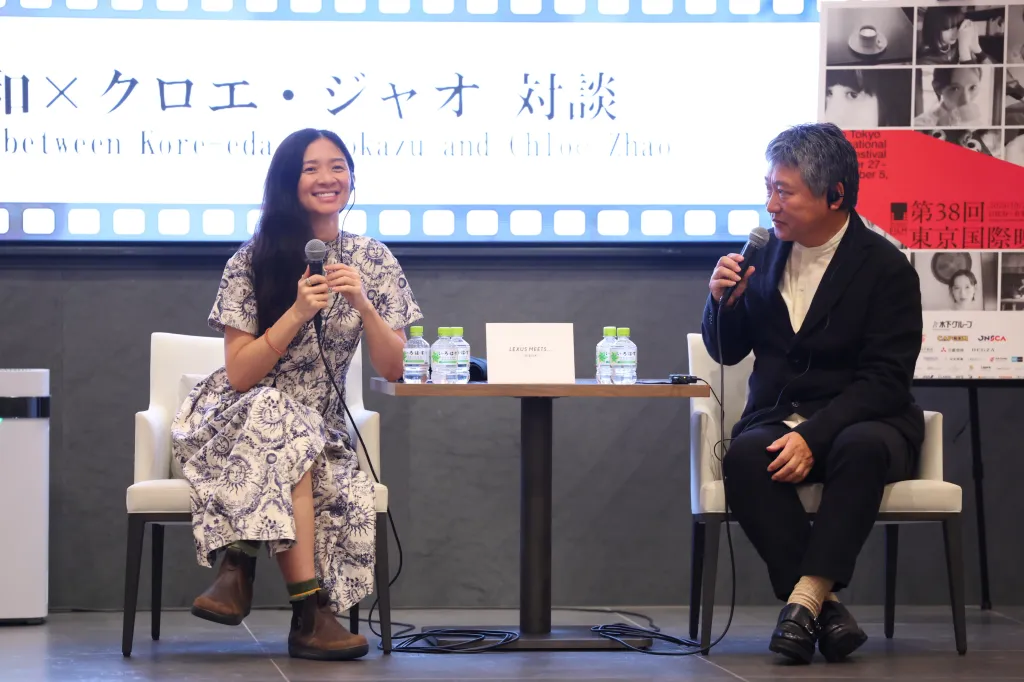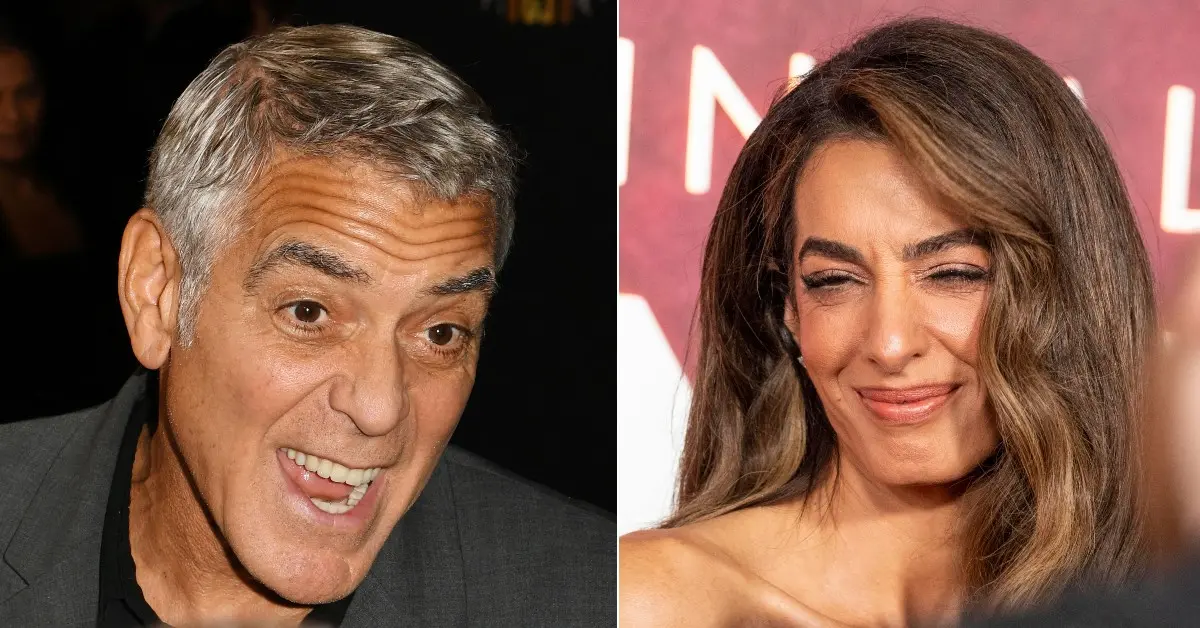Copyright Deadline

In a conversation with prolific Japanese filmmaker Hirokaza Kore-eda at the ongoing Tokyo International Film Festival, Hamnet director and Oscar-winner Chloe Zhao says that she is currently exploring making a documentary for her next feature, but admits that the genre will take a whole different level of courage. “I think documentary filmmakers are very brave,” said Zhao. “I’m exploring making one now, but it’s safer for me to make fiction.” She also pointed out that marginalized communities in America have often been objectified or shot in unflattering light in documentaries, historically — another contributing factor to her apprehensiveness to make a doc. “Marginalized communities, like in the reservations or those who live in their vans on the fringes in society, they are studied as a subject or a social issue,” said Zhao. “Often, these cameras are rough and filmed under very unflattering light. But if you’re with them, in their lifestyle, you’re exposed to the most beautiful landscape of America. “It was important for me and my cinematographer to use the golden hour. We called it ‘god’s light,’ because everything blends together. When you watch the sunset, you feel like you can reach a bigger power beyond you,” added Zhao. Yet, she takes heart, acknowledging that not being an expert in a genre can lend a welcome freshness to making films. “I only saw two and a half westerns when I made my western,” said Zhao. “I didn’t have the burden on my shoulders as an American would when making a western.” She took a similar approach to making Hamnet. “When I made this Shakespeare, I don’t have the burden of a British filmmaker, or knowing too much about Shakespeare. It’s so sacred.” Zhao shared that she has felt something fundamentally shift in her posture towards filmmaking recently. “In my 30s, when I was making films, it was about chasing as many horizons as possible, but Hamnet was about containing — one frame, one room,” said Zhao. “I was interested in how to confine everything to one frame and one stage.” Turning to Kore-eda, Zhao then commented on how she admired the tradition of restrain in his films, which blossoms into intimate portraits of characters and ruminations on life. “Your films seem to have that comfort, in the details of how a person has lived their lives,” Zhao said. “A lot of times, cinema skips that part: it focuses on the highs and super lows and forgets what we’re doing 80 percent of the time. Your films enlighten us into the comfort of these daily rituals.” She said that this attention to life’s little routines and details has also helped her during challenging times. “Whenever life gets really crazy, I follow the advice of ‘just try to do your laundry.’ You know, making a sandwich, drinking water — that’s what people responded to during the pandemic. “Let’s just do the little things like folding the laundry,” said Zhao. She admitted to the audience in Tokyo that she struggled immensely in figuring out the ending for Hamnet, which takes place in the Globe Theatre (not a spoiler, Zhao promises). “When I saw the ending that I wrote, I said that it didn’t work. I remember Jessie [Buckley] looking at me after we went through all of this, with the look of ‘This is nothing. It doesn’t really feel like it,’” said Zhao. “I didn’t sleep that night. Jessie didn’t sleep that night. I was also going through a personal loss, so I was in a lot of emotional pain. The next morning, when I was going to work, I was in the car in London, and it was raining, and I looked down at my phone, and Jessie had sent me a song called ‘On the Nature of Daylight.’” Zhao said that the song from Max Richter has “a very special ability to harmonize your whole body to the world around you. “You suddenly feel like one everything. As I’m listening to the song, I started crying, and I saw myself holding my hand out trying to catch the rain outside the window, because I wanted to reach nature, that I can no longer be afraid of losing my love, because we’re all one, and you can’t lose love. It just transforms into something else.” That was when Zhao found her ending to Hamnet. Kore-eda emphasized the importance of a communal experience in watching Hamnet, pleading the audience to catch Zhao’s film in a theater. “Although I was watching the film on a small screen with just one other person, I was still watching it with someone else, and that cannot be sacrificed, in terms of the communal experience,” said Kore-eda. “That makes the film – watching it with someone else. I want that to be maintained, which is why we have this film festival.” Zhao added: “Hamnet is about oneness, and people coming together. That’s what I’m looking for: how do we dissolve the illusion of separation we feel with each other?” Like Zhao, Kore-eda shared that he also adapts on set from feedback he receives from his actors and cinematographer, and he is not beholden to his storyboards. “If the movement changes, the dialogue has to change too, so I will just rewrite it on set,” said Kore-eda. Zhao and Kore-eda both said that cinema is their way of communicating with the world, especially when they struggle to communicate in other ways. Zhao said: “[In Hamnet], you see William Shakespeare, as he struggles to connect and communicate in real life, but when he’s on his stage, he communicates everything. “Some of my favourite memories is making belief and fantasies, for other people’s memories,” said Zhao. Popping into the Tokyo festival in the middle of his ongoing shoot for his next feature, Kore-eda said that he “can’t stop making films. “Work-life balance is gone for me for now, as I have had two productions this year, so I’m only working right now,” said Kore-eda. “I’m shooting a movie, and that gives me a lot of joy, I don’t want people to think that you have to be like that to be a film director, but this is the fun part.” He added: “I’m like a grandfather, 60 years old, having fun with movies, and that’s the impression that I want to create — for others to see me and think that it’s fun. I would like them to feel that way when they see me. That’s my work and that’s my life.”



